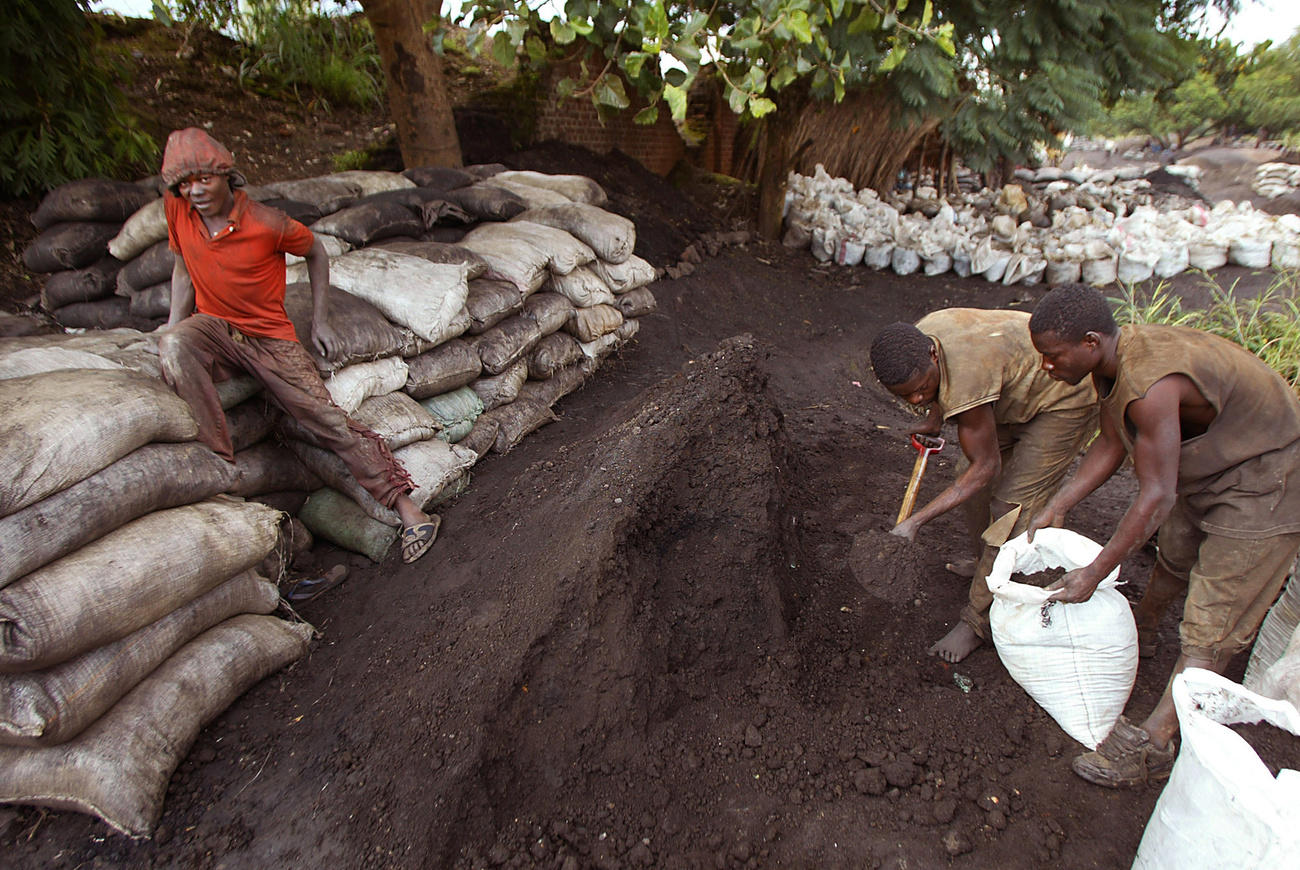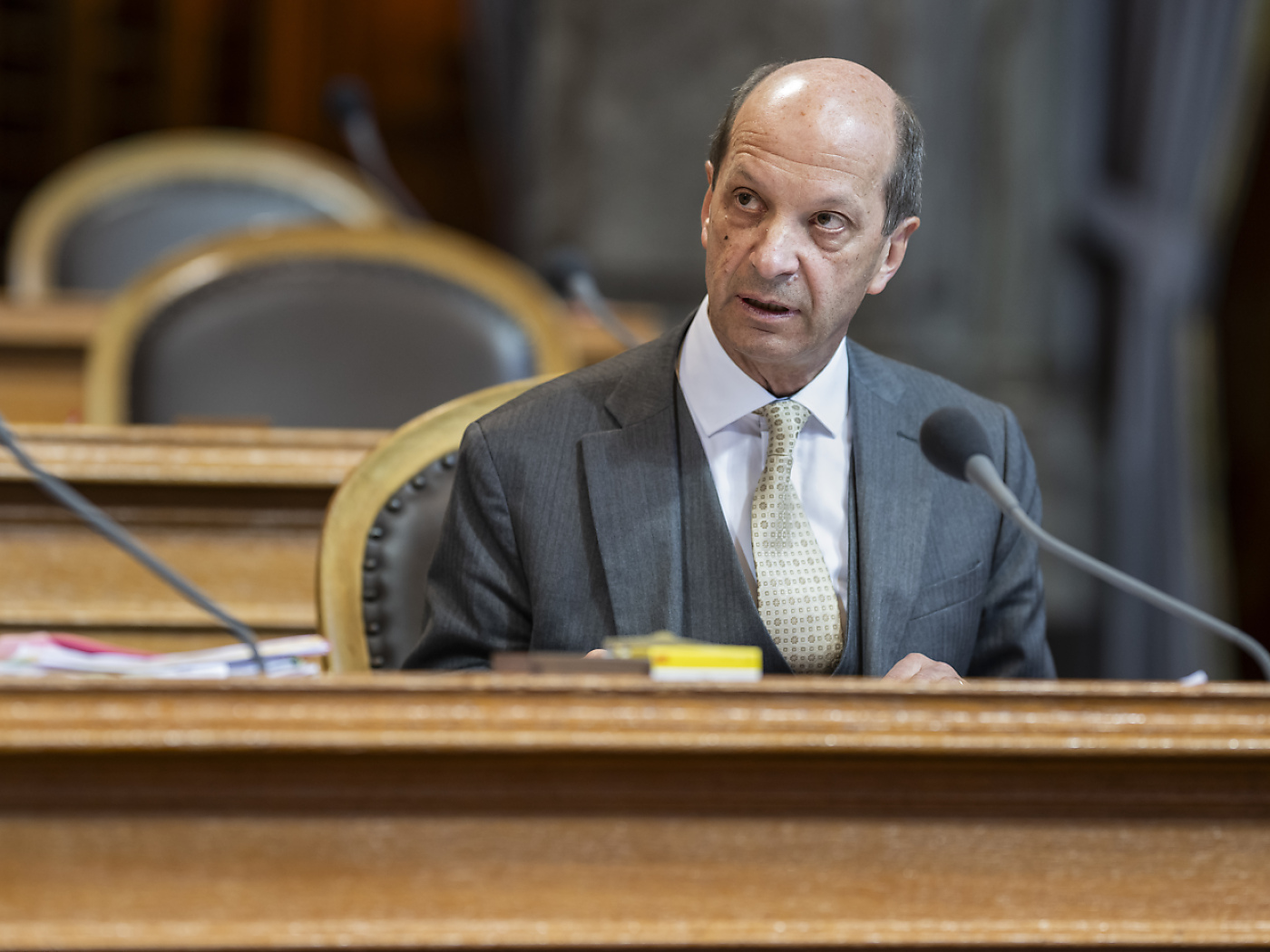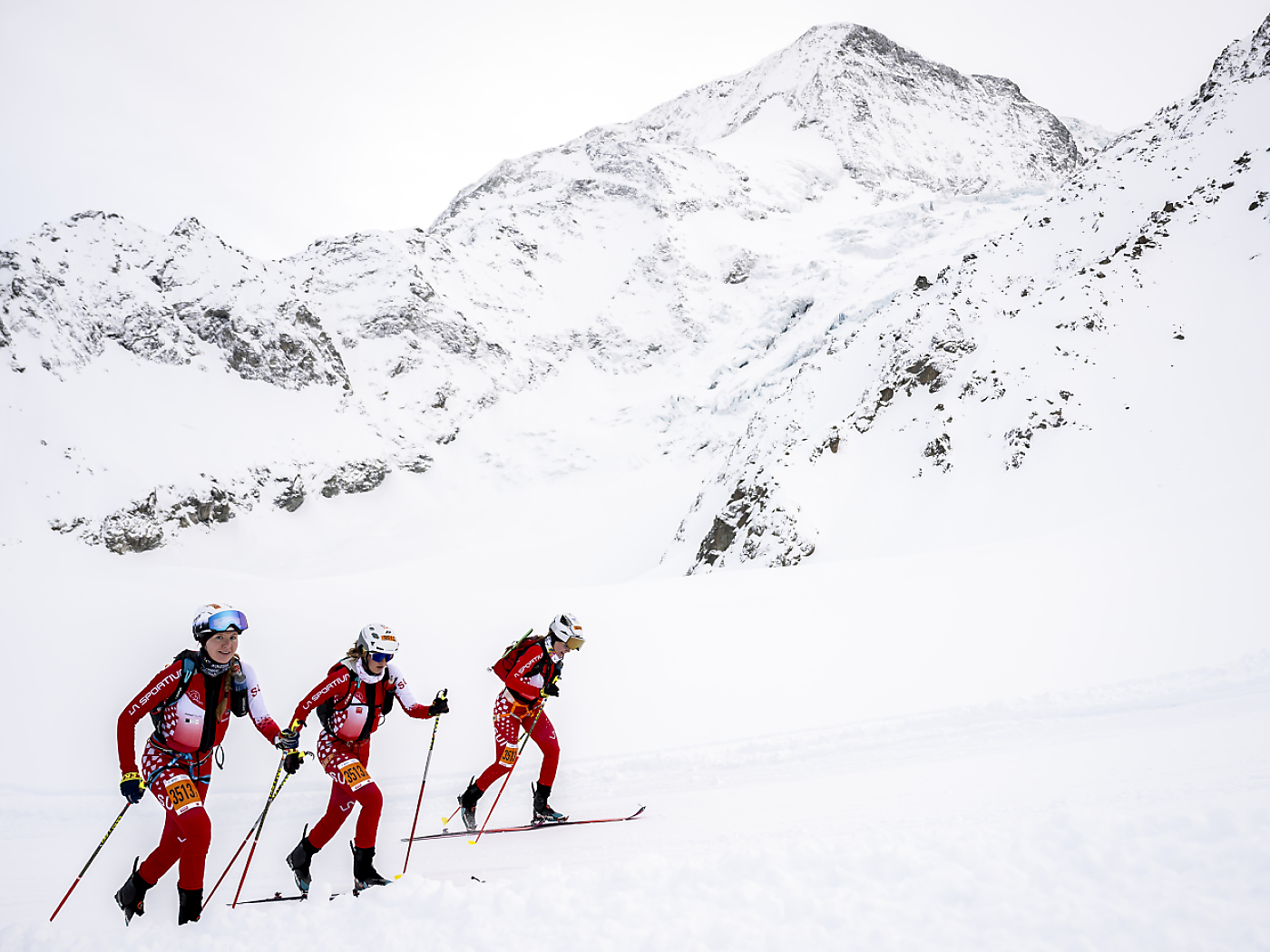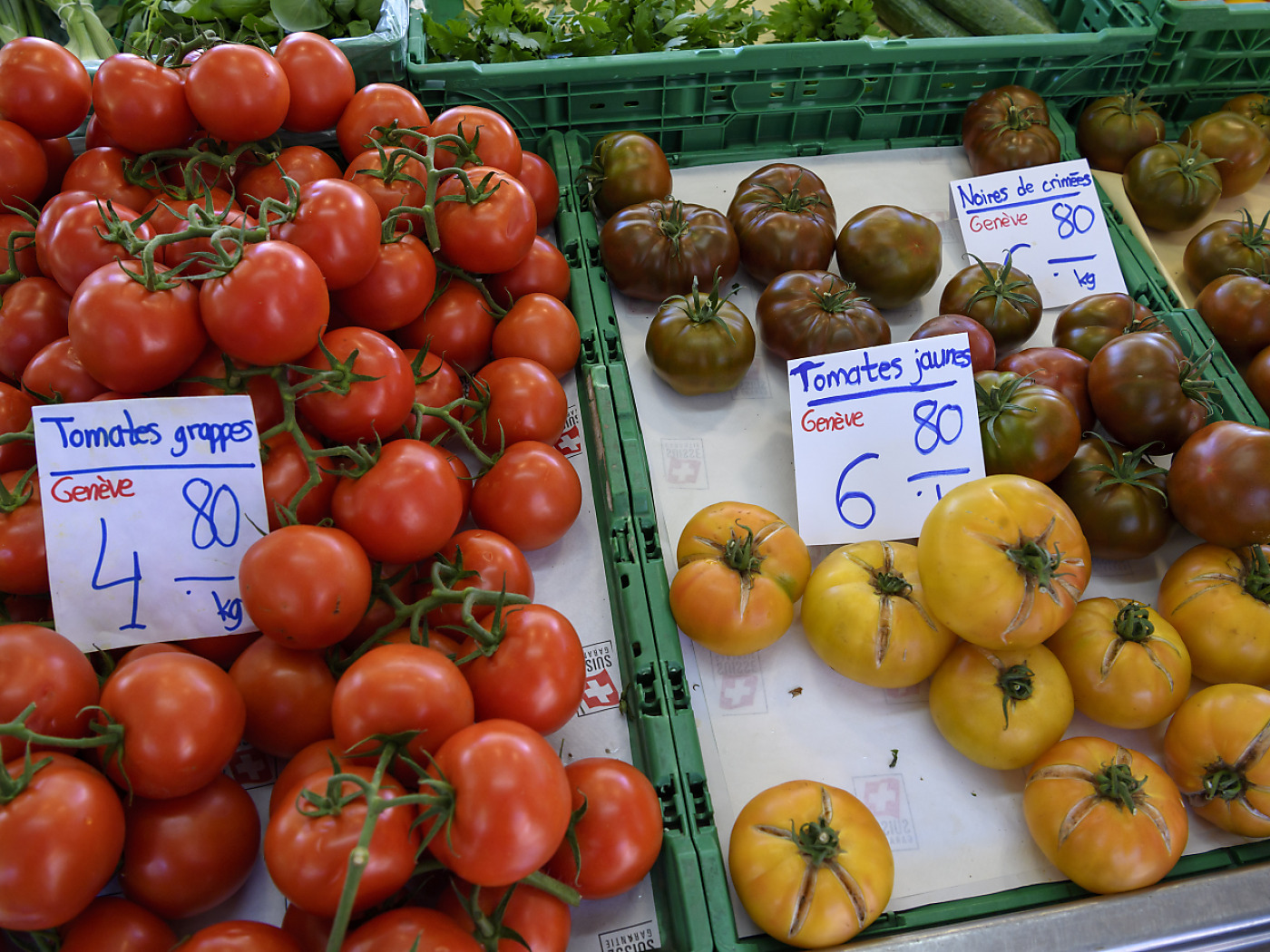Trafigura bets on Congo even as Glencore shuts mine

Swiss commodity trader Trafigura is helping to finance a $450m Congolese copper and cobalt facility even as Glencore prepares to shut its mine in the resource-rich African country.
Trafigura is part of a consortium including the First Bank of Nigeria and Africa Finance Corporation that is backing a processing plant at the Mutoshi mine in the Democratic Republic of Congo, according to two people familiar with the financing.
The financing comes after Glencore said it would shut its Mutanda copper and cobalt mine in the DRC by the end of this year, following a 65 per cent fall in the price for cobalt over the year, a key raw material used in batteries.
Since Glencore announced in August it was shutting Mutanda, cobalt prices have rebounded by 45 per cent to $17.7 a pound, according to Fastmarkets.
The DRC supplies about 60 per cent of the world’s cobalt, most of it from large mines owned by Glencore and China Molybdenum. The metal is mostly shipped to China, where it is processed and then turned into the battery materials used in electric cars.

Trafigura is betting that the Mutoshi mine, which is owned by DRC-based company Chemaf, can become a competitive producer just as demand starts to rise. It will also put money into the financing in return for supplies of cobalt, the people familiar with the plan said.
The previous plan was to seek a listing for the company, according to a person familiar with the matter, but that has now been abandoned. Following the financing to build the plant, Mutoshi hopes to produce 16,000 tonnes of cobalt annually by the end of next year.
Last year Trafigura signed an agreement to market and sell all the cobalt produced from Chemaf until 2020. The commodity trader has been a supplier to key companies in the battery supply chain such as Belgium-based Umicore.
“At times when other mines have been closed down it shows the belief that demand is going to be strong,” said one person familiar with the financing.
Consultants at Benchmark Minerals Intelligence forecast that cobalt demand for lithium ion batteries will increase from 75,000 tonnes in 2019 to 152,000 tonnes in 2024, out of a total cobalt market of 213,000 tonnes.
Chemaf is run by Indian businessman Shiraz Virji, who set up a pharmaceuticals business in the Congo called Shalina in 1981.
The company has said that the Mutoshi concession outside the city of Kolwezi contains approximately 300,000 tonnes of cobalt. Chemaf also owns the Etoile mine and a processing plant in Lubumbashi.
The Mutoshi concession has long been mined by so-called artisanal miners, who dig for cobalt by hand with picks and shovels. Chemaf, with the help of Trafigura, has set up a fenced-in area for the miners, which it hopes will reduce the number of accidents and deaths. The site is monitored by Washington-based NGO Pact.
A spokesperson for Trafigura declined to comment.
Copyright The Financial Times Limited 2019

In compliance with the JTI standards
More: SWI swissinfo.ch certified by the Journalism Trust Initiative


















You can find an overview of ongoing debates with our journalists here . Please join us!
If you want to start a conversation about a topic raised in this article or want to report factual errors, email us at english@swissinfo.ch.